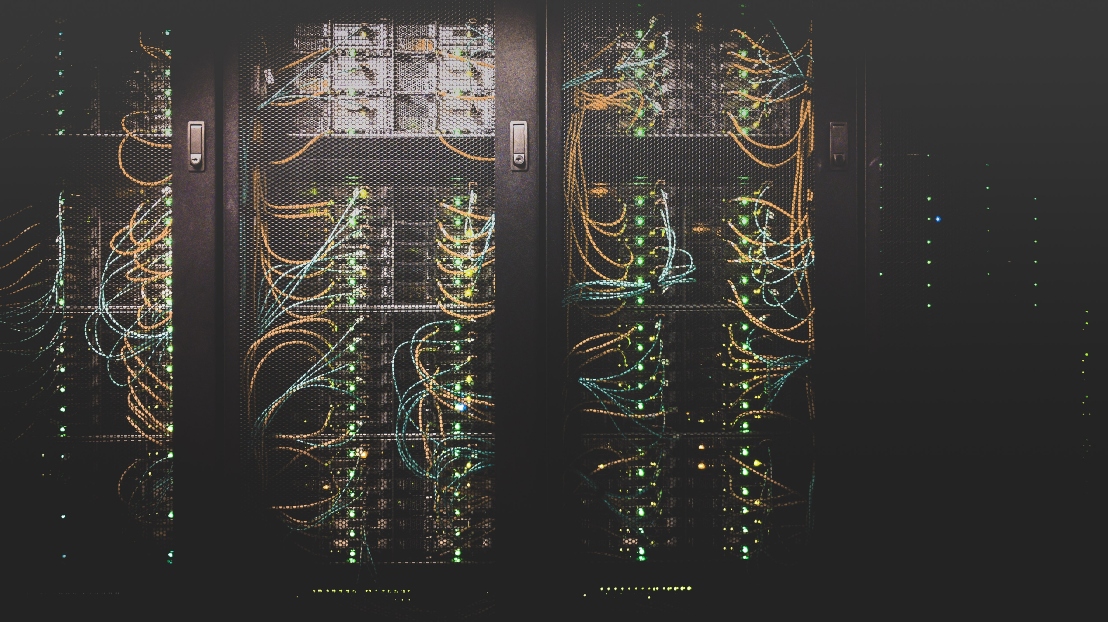Colocation vs. In-House Data Center: What's Better for Your Business?
Join the DZone community and get the full member experience.
Join For Free
Business storage and management are integral to the daily operations of a business. As your business grows, the question of data storage must be addressed. According to a recent Gartner report, the worldwide cloud services market is projected to grow by nearly 18 percent in 2019, totaling $214.3 billion.
Despite the growing popularity of public cloud services, there are numerous convenient, affordable, and safe ways to store enterprise data, such as colocation and in-house data centers. Depending on the specific needs of your business, you may choose to prioritize factors like data control and overhead costs over convenience or vice versa. So, what is colocation, and how does it compare to in-house data centers?
You may also like: Five Advantages of Distributed Data Centers.
What Is Colocation?
Collocation involves storing data in an offsite, third-party data center using privately owned servers and networking equipment. While in-house data centers require storing data in the same physical facility as your daily business operations, colocation can free up space by allowing business owners to store data in a shared rented space.
In other words, company data is stored and managed in a third-party facility by a colocation provider. Although collocation involves storing data in a shared space, business owners can maintain the same degree of control over storage and networking equipment as they would using in-house equipment.
What Is an In-House Data Center?
Smaller businesses often choose to store and manage data in an in-house data center. In-house data hosting requires an investment in servers and networking equipment to store data. The business must also dedicate space at a standalone data center or on the company premises to store hosting equipment.
In-house data centers make it convenient for businesses to modify and expand storage whenever necessary. Additionally, storing equipment on-site provides easy access for maintenance and troubleshooting. However, hosting data on-premises can create hassles for business owners, such as overhead costs, security issues, and data center upkeep.
Colocation vs to In-House Data Centers?
In the last decade, more businesses have opted for colocation. In 2014, in-house data centers were utilized by 68 percent of businesses, while 25 percent chose colocation. Although recent years have revealed steady increases in colocation over in-house data centers, some businesses still choose to host data in-house.
Colocation allows business owners to enjoy higher levels of bandwidth than in-house data centers. Compared to an in-house data center, renting space in a co-located facility enables a business to pay less for higher levels of bandwidth. Colocation maximizes uptime through redundant power and Internet connectivity, and many colocation providers receive better deals from Internet providers than single companies.
For expanding businesses, colocation is often more cost-effective than in-house data storage. Storing data in a third-party data center reduces IT costs and eliminates the need for onsite IT professionals. Renting space in a shared co-located facility reduces overhead costs, including cooling and power.
As evidenced in , an increasing number of businesses are recognizing the benefits of outsourcing data storage. The data center colocation market is predicted to reach $48 billion by 2021 — more than doubling its revenue from 2014. If you’re interested in reducing overhead costs and maintaining control and access to your data, consider making the switch from an in-house data center to colocation.
Further Reading
Opinions expressed by DZone contributors are their own.

Comments